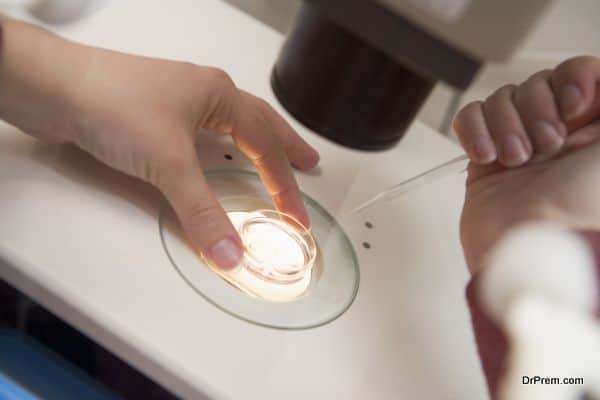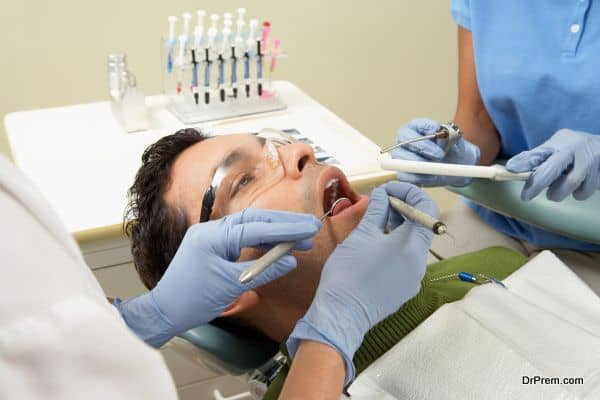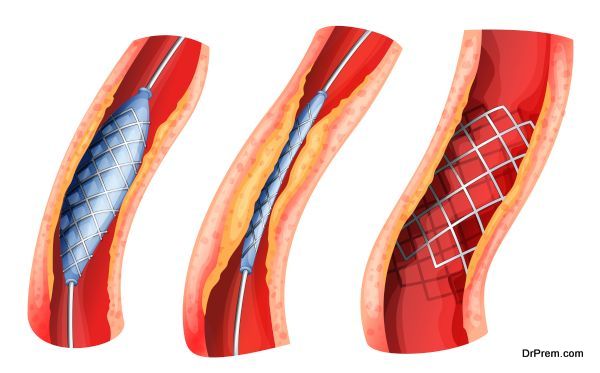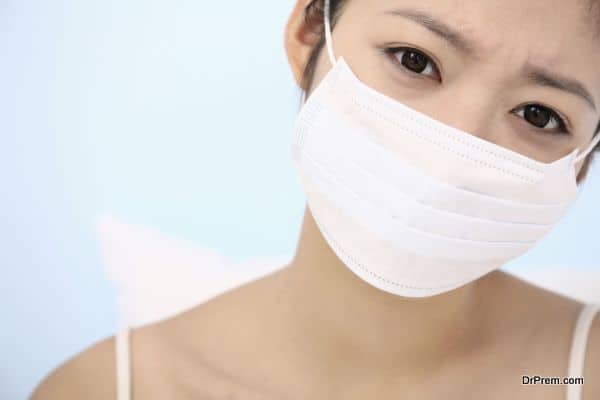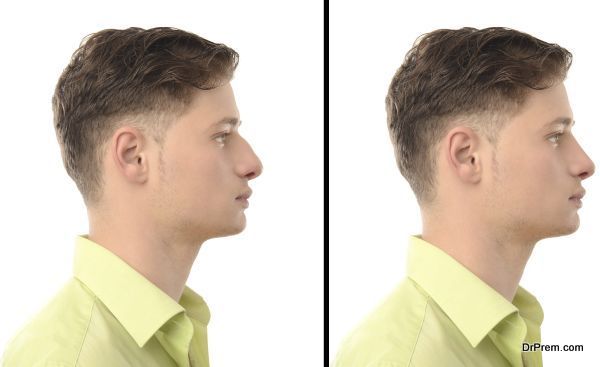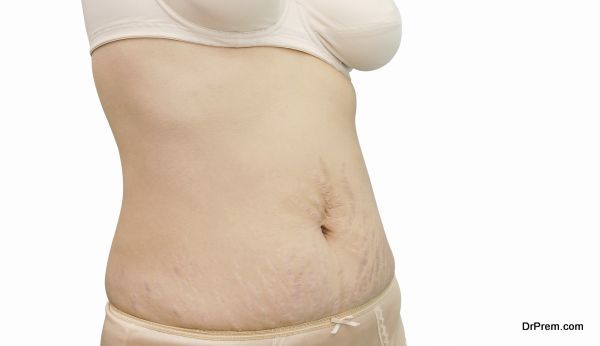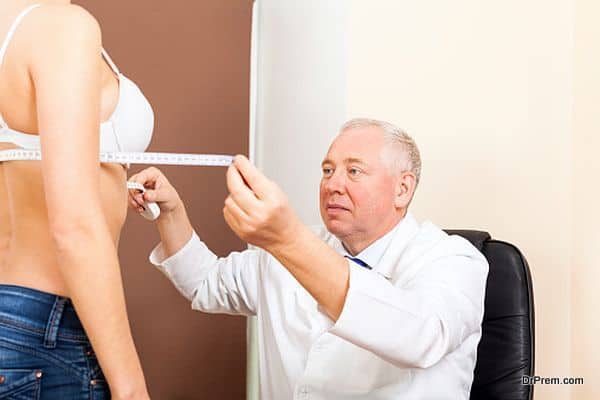Medical procedures which may cost a lot in your country may be quite inexpensive abroad. This is one of the major reasons why many people are opting for medical procedures abroad. But not all treatments are the same and you need to know which can be performed successfully abroad and which treatments are best carried out in your own country, due to health reasons and also better follow ups. Read on to find out more:
Five best medical procedures worth traveling for
Popular medical treatments which you can consider getting done abroad are as follows:
-
Dental restoration
The waiting period and insurance hassles are nil which means you can get dental restoration work like root canal and dental implants done while enjoying the sights of the country you’re visiting. And per tooth, you may save up to $500 -$1,000, which is great savings.
-
Hip replacement
Hip and knee replacement surgery has a good success rate in countries like India and you don’t have to wait for insurance. The cost is much less compared to the quality of treatment provided.
-
In vitro fertilization
Many people go abroad for this treatment as it is very expensive ($15,000 for one treatment). Sometimes, one treatment isn’t enough and the post treatment medicine costs are cheaper abroad too.
-
Angioplasties and mitral valve replacements
Angioplasties and mitral valve replacements can sometimes cost half of what it costsin countries like the US, which is why many patients from the west seek treatment abroad. The treatment and the after-care provided are just as good and much more cost-effective.
-
Allergy Testing
Many people are developing allergies due to food and air pollution. One can get an allergy test done at a medical tourism destination, as it saves time and cost, and you can find out if you do have any allergies or not, while enjoying a relaxing vacation. The cost in India, for example is $200 as compared to $1,000 in the US.
Five worst medical procedures to do overseas
Some procedures are considered medical tourism risks due to follow up and expertise factors. You must do a thorough research about the healthcare facilities if you plan to have these treatments abroad:
-
Stem cell therapy
Stem cell therapy is a complicated procedure and if unsuccessful can lead to cataracts, organ damage, cancers, among others, and can even be life-threatening. Facilities which advertise stem cell therapy mostly prove to be unsafe and the efficacy of treatment is unverified. It’s best to do this treatment in an established healthcare facility in your own country.
-
Rhinoplasty
Rhinoplasty should not be done abroad, as it requires at least 5 visits to the surgeon in the first year of having it done. Therefore, it is not financially viable to have this procedure done abroad. A good nose job needs time,patience and expertise, which should be the first priority, rather than a one-time inexpensive affair.
-
Weight loss surgery
Weight loss surgery or bariatric surgery is a risky procedure abroad as it needs hygienic facilities and expert surgeons to conduct a successful surgery. It has a high risk of infections which can have multiple complications as well as the chance of reverse surgery, which are quite painful and expensive. It’s better to wait for your turn at a reputed facility rather than getting a “quick-fix” surgery abroad.
-
Skin Tucks
The CDC advises people not to go for skin tucks in cheap but questionable facilities abroad. This is due to more than a dozen women who were severely infected by mycobacteria which thrive in unsterile environments. The infections did not heal completely even after nine months after the surgeries were done.
-
Breast Implants
Some countries offer low cost breast implants but use devices which have been banned. These are sold under different names and the unsuspecting women are victims, who sometimes have to bear the consequences of the cheap implants.
Medical tourism has a lot to offer but you need to do a thorough research before venturing abroad for any medical procedures. Some are viable abroad and pose less risk while others are best done in your home country’s reputed healthcare facilities.




